
Stomach ache? 7 reasons “why” that you shouldn't ignore
0
In some cases, the count is literally minutes.
Everyone experiences stomach pain from time to time, but in most cases they go away on their own and without a trace. However, it is important to know the signs of truly serious diseases that can cause this pain – and consult a doctor in time.
IBS: cramps in the lower abdomen
IBS is irritable bowel syndrome, one of the most common gastrointestinal disorders. The causes of its development are not yet fully understood, but researchers believe that it may be due to increased sensitivity of the intestines. Abdominal pain accompanied by bloating, increased gas formation and changes in bowel function (constipation or diarrhea) are all signs of IBS. Be sure to consult a doctor.
Inflammation of the intestines: abdominal pain and cramps, as well as rectal
Inflammatory bowel disease (IBD) is a general term for conditions that cause chronic inflammation of the digestive tract, including Crohn's disease and ulcerative colitis. Both of these conditions have very similar symptoms, making diagnosis difficult. In any case, if your abdominal pain is accompanied by cramping and bleeding, you should see a doctor immediately.
Acid reflux: burning and pain in the central abdomen
Almost every one of us has experienced “harmless” heartburn at some point in our lives. But if the burning sensation is more severe than usual and is accompanied by a bitter taste in the mouth, it could be acid reflux, a condition in which stomach acid leaks into the esophagus. If left untreated, it can lead to chronic digestive problems. So it’s important to see a doctor right away!
Gallstones: Pain in the Navel
If your abdominal pain is concentrated in the center of your abdomen, and is accompanied by a dull ache that radiates to your shoulder and gets worse after eating fatty foods, you may be dealing with gallstones. Women over 40 who have had children are at higher risk. The fact is that estrogen fluctuations during pregnancy can trigger the formation of stones.
Ulcer: a burning pain in your abdomen that gets better after eating
Other symptoms of peptic ulcer disease include bloating, loss of appetite, belching, and weight loss. But one of the main signs is a dull ache that goes away after eating, but then invariably returns. The cause of this disease can be the bacterium Helicobacter pylori, as well as constant stress and frequent use of nonsteroidal anti-inflammatory drugs, such as aspirin and ibuprofen. Do not delay seeing a doctor – it can be quite serious!
Diverticulitis: sudden pain in the lower left abdomen
One of the most common intestinal diseases in the elderly is diverticulitis, inflammation of small formations lining the walls of the large intestine. If measures are not taken in time, this can lead to perforation of the intestine and peritonitis. Symptoms of the disease include nausea, fever, pain in the lower left abdomen, bloating, and constipation. Be sure to see a doctor!
Appendicitis: sharp pain in the lower right abdomen
With appendicitis, the pain intensifies with movement, as well as every time the patient coughs, sneezes, or takes a deep breath. It is important to remember that this disease is not always accompanied by a high temperature – on the contrary, sometimes it is low. It is important to urgently call a doctor to prevent the appendix from rupturing and the development of peritonitis.

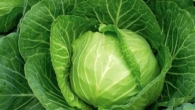
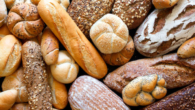
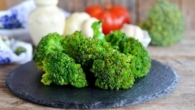

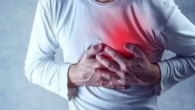


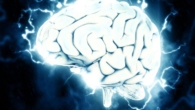
Leave a Reply